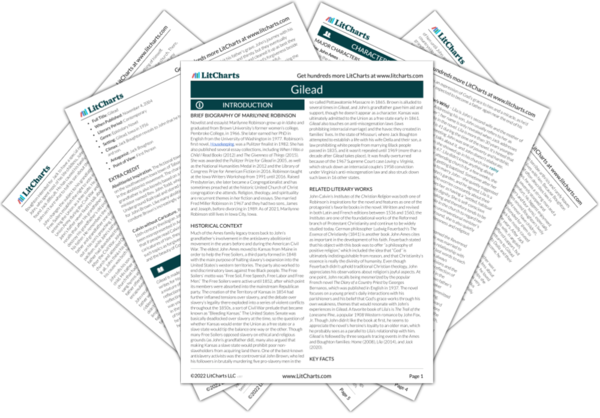The United States entered World War I (1914–1918) relatively late, in 1917, after several years of strong antiwar and isolationist sentiments nationwide. Around the same time, the Spanish Flu spread around the world. Unusually, the flu proved most deadly for adults between the ages of 20 and 40, and it ultimately killed more people than the war did. Fear of the flu touched all aspects of life, as the image of the masked churchgoers suggests.
